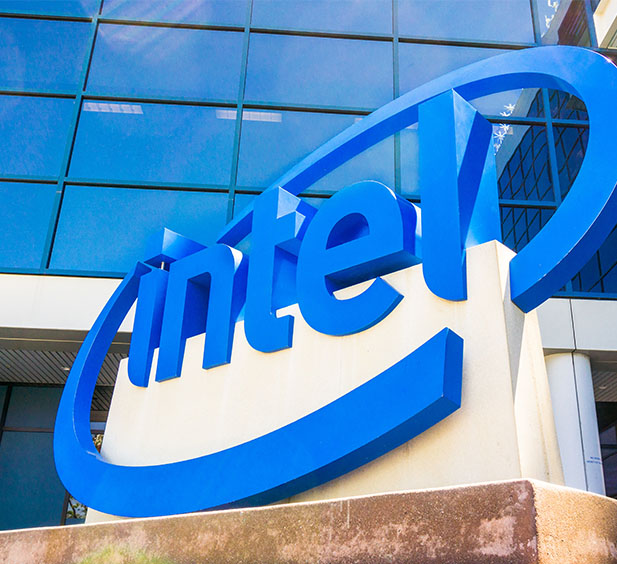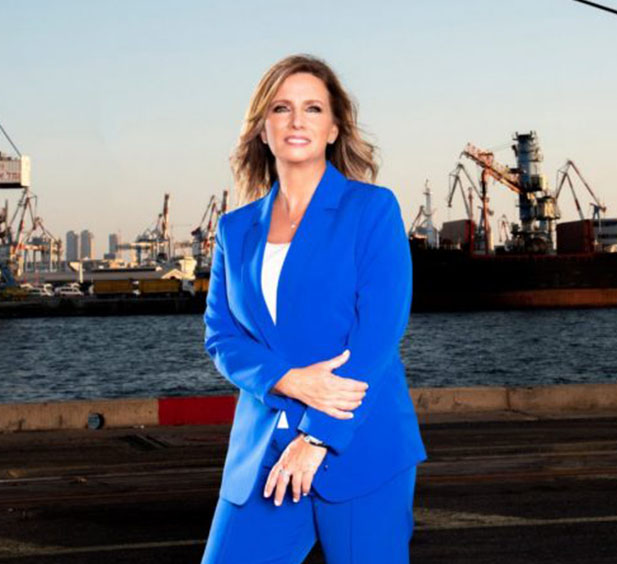Yaron Itzhari, CEO of Medtronic Israel, the leading medical technologies company in Israel, recently completed a complex merger after the parent company had purchased Covidien. In an interview with “Executives” magazine, he tells about the challenges of the merger, the management of a local company as part of a global array, and the importance he attributes to the human resource | Galit Shefer
At the beginning of 2015, Medtronic, the leading global medical technology company, purchased Covidien for 43 billion dollars. The purchase process had some implications for Israel. The international Covidien company was the owner of three Israeli companies that developed new products: Given Imaging (a camera pill for examining the gastrointestinal tract); Super Dimension (intracorporeal navigation technology for inspecting the lungs and airways); and Oridion (a device for the analysis of carbon dioxide in respiration).
Adapting the business models
Acquisition of companies and innovative technologies is a part of Global Medtronic’s policy since it was founded in 1949 upon the first pacemaker’s invention, by founder Earl Bakken. Since then, the company has grown and expanded into many other fields, and today it operates in 160 countries around the world and is traded at a market value of 114 billion dollars. The company established its offices in Israel in 1974 and has invested over 2 billion dollars in acquisitions and collaborations with Israeli startup companies.
The CEO of Medtronic Israel, Yaron Itzhari, had to execute a complex process of merging the commercial activities in Israel. “The merger process was complex and challenging and included a merger of the companies’ business culture, preserving the human resources, operational consolidation, and adoption of innovative models with customers” describes Yaron Itzhari. At the end of this merger, Medtronic has become the leading medical technologies company in Israel.
How did the merge process take place?
“The merge process included building a business culture, shared vision, and the unified companies’ strategy. Another challenge was preserving the human resource and getting it on board with the merger and changes.”
How does Medtronic decide in which companies to invest?
“The company’s headquarters abroad work very intensely on identifying new technologies in the field that match Medtronic’s vision and strategy. I, personally, receive weekly inquiries from entrepreneurs to examine medical technologies they have developed. Besides, a dedicated technological incubator operates in Israel, Mind Up, which is run by Medtronic in collaboration with the Pitango Venture Capital Fund, IBM, and Rambam Medical Center. As a world-leading company in the field, we are constantly looking for investment opportunities and collaborations with young entrepreneurs and Israeli startup companies.”
What are the challenges you come across in introducing innovative products into the Israeli market?
“Beyond the end client who is at the heart of our company’s mission of saving lives, prolonging lives, and reducing the patient’s pain, our clients are medical institutions, hospitals, and HMOs who face challenging budgetary pressures. The challenge entails coming up with a creative collaboration for implementing and promoting innovative technologies to benefit the patient in Israel.
Over the past years, several world trends directly influenced the medical sector: the population aging, a growing awareness of patients to their rights and treatment options, accelerated development of medical technologies, and a desire of governments to reduce the share of private health spending while maintaining a budgetary framework. These trends obliged the companies in our industry to adapt their business models. At Medtronic, we identified these trends and developed collaboration models with health systems. Today we provide a wide range of solutions for the entire treatment continuum, from diagnosis and prevention through the acute treatment itself and later in the follow-up and prevention phase.”
Connecting the employees with the strategy
Yaron Yitzhari has over 18 years of experience in the pharmaceutical and medical technology industry. He started his professional path in the industry at Pfizer and later worked as a VP at the startup Glucon that developed the non-invasive watch for measuring sugar levels. In 2007, upon the closure of Glucon, he joined Medtronic, where he worked in various administrative positions, among which: Commercial Director, VP of Business Development and was in charge of establishing the Health Systems Solutions Division. In 2016, he was appointed CEO of the Israeli company.
Share your experience with us; what is the best method to run an organization?
“Defining a vision and a mission, building a strategic plan in collaboration with all the organization’s directors, and implementing the strategy down to the lowest rank in the organization. The main challenge in this process is constantly adapting the strategic plan to the pace of technological changes, which occur constantly and exponentially. The human resource has great importance in the process success. Therefore, it is important to fully connect the employees to the strategy as full partners to success.”
Which qualities are needed to manage a local company as part of a global company?
“Leadership, initiative, resourcefulness, and adaptation of the organizational structure and the employees’ roles according to the changing environment. It is important to view the employee as an asset of the utmost importance and as a strategic focus of the organization, delegate authority, and set defined and measurable objectives to each employee.”
What advice can you give young people who aspire to advance to managerial positions?
“Set a management goal for yourselves, speak with your superior about promotion opportunities, and be innovative and creative. Be willing to support and assist others, make sure to put the client at the center, and always aspire to build productive relationships with colleagues and managers at your organization.”











